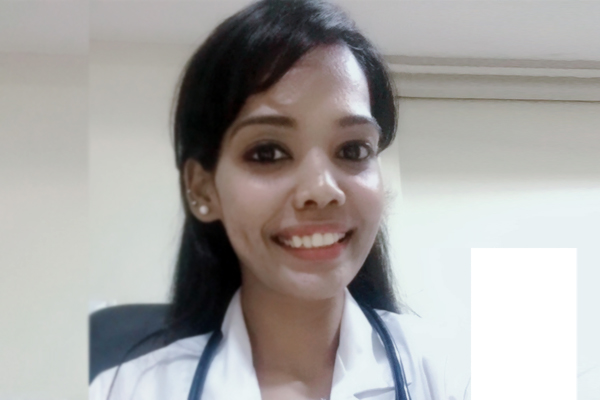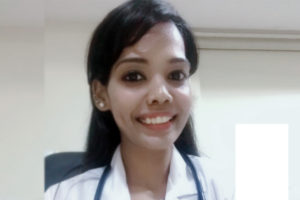
 Cancer is one of the leading causes of death worldwide. It often creates fear which comes out of ignorance and misconception. Comprehensive cancer care necessitates the integration of pscychosocial aspects of care into the overall assessment and management plan, says Dr Rama Vaghmare, MD, Radiation Onocolgy, (NIMS), in conversation with Elets News Network (ENN).
Cancer is one of the leading causes of death worldwide. It often creates fear which comes out of ignorance and misconception. Comprehensive cancer care necessitates the integration of pscychosocial aspects of care into the overall assessment and management plan, says Dr Rama Vaghmare, MD, Radiation Onocolgy, (NIMS), in conversation with Elets News Network (ENN).
Q What are the pscychosocial aspects involved in treating cancer patients? What are the best practices, challenges and trends?

Cancer is one of the leading causes of death worldwide. Cancer often creates fear which comes out of ignorance and misconception. Therefore it is important to deal with the patients’ pscychosocial response for diagnosis of cancer, loss of control, anger , guilt, fear of abandonment. These are all pscychiatric factors that need to be explored and attended to. Doctor- patient relationship should be central and it should encourage greater patient participation. Comprehensive cancer care necessitates the integration of pscychosocial aspects of care into the overall assessment and management plan.
Q As a Radiation Oncologist, what is the approach taken towards treating cancer. How is technology coming as aid in this treatment?
Cancer treatment majorly is a multimodality treatment approach comprising surgery, chemotherapy and radiation therapy. There have been many advances in cancer care including targeted therapy, immunotherapy, gene therapy, adoptive cell transfer of which few are still in preliminary stages and also in the clinical trials. Radiation therapy specifically is a localised treatment which has come up with non-invasive and more conformal treatment approaches including intensity modulated radiation therapy, image guided radiation therapy, cyber knife, proton therapy. The aim is to eradicate the tumour cell and protecting the normal tissue simultaneously so as to avoid the treatment side effects to a major extent.

Q What are the essential awareness and precautions to be taken by cancer patients before the diagnosis and after completion of treatment?
Cancer awareness includes helping people recognise the early signs and symptoms of cancer, thus enabling them to seek treatment at an early stage. To educate people about the key risk factors of cancer is important, since more than 30 percent of cancer cases would be prevented by modifying the lifestyle or avoiding risk factors.
After completion of cancer treatment, follow up care involves regular medical-check ups that include review of patients’ medical history and physical examination. This is important because it helps identify changes in health and also to check for recurrence or spread of the disease. It would also aid in prevention or early detection of other cancer.
Q What essentially needs to be done for general awareness?
Even after completion of treatment there is social stigma and cultural inhibition and this may affect the post treatment pscychosocial functioning. So there is a need to educate patients and care givers and also create awareness towards dispelling this social stigma attached with cancer. Emphasising a more active participatory role for patients and a more patient tailored approach is needed.
Be a part of Elets Collaborative Initiatives. Join Us for Upcoming Events and explore business opportunities. Like us on Facebook , connect with us on LinkedIn and follow us on Twitter , Instagram.












